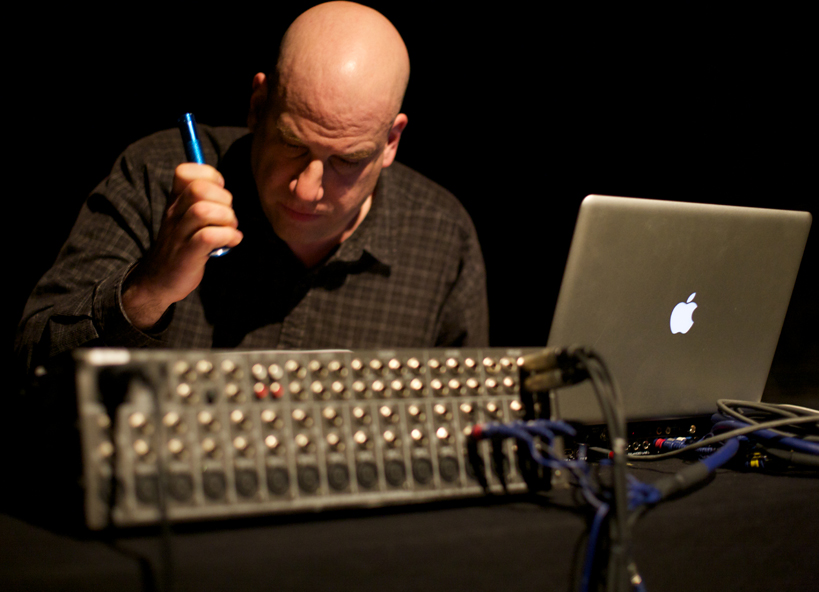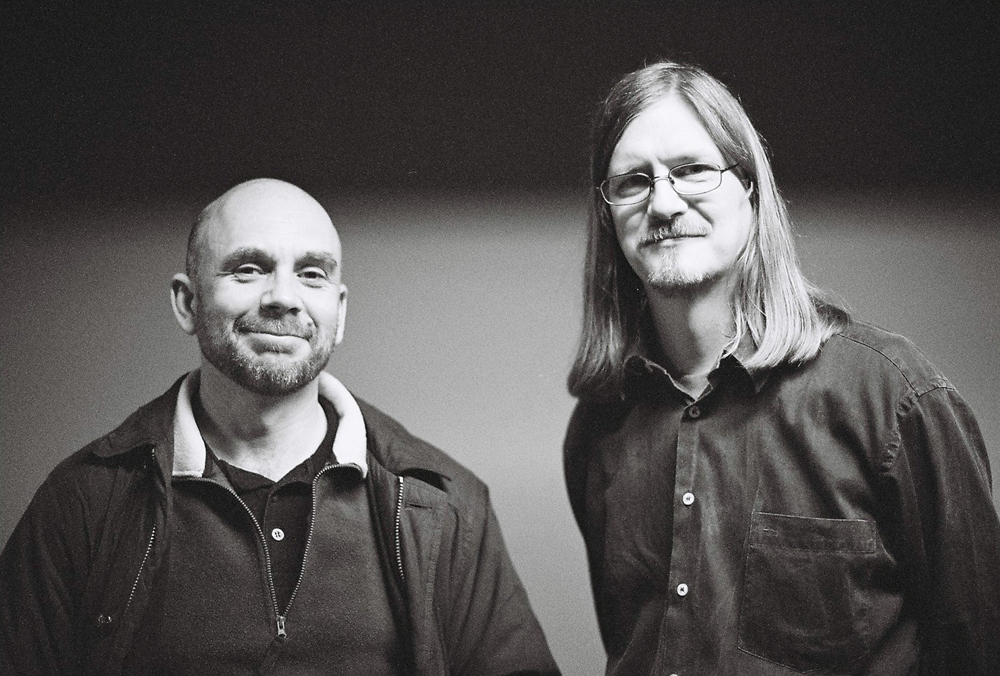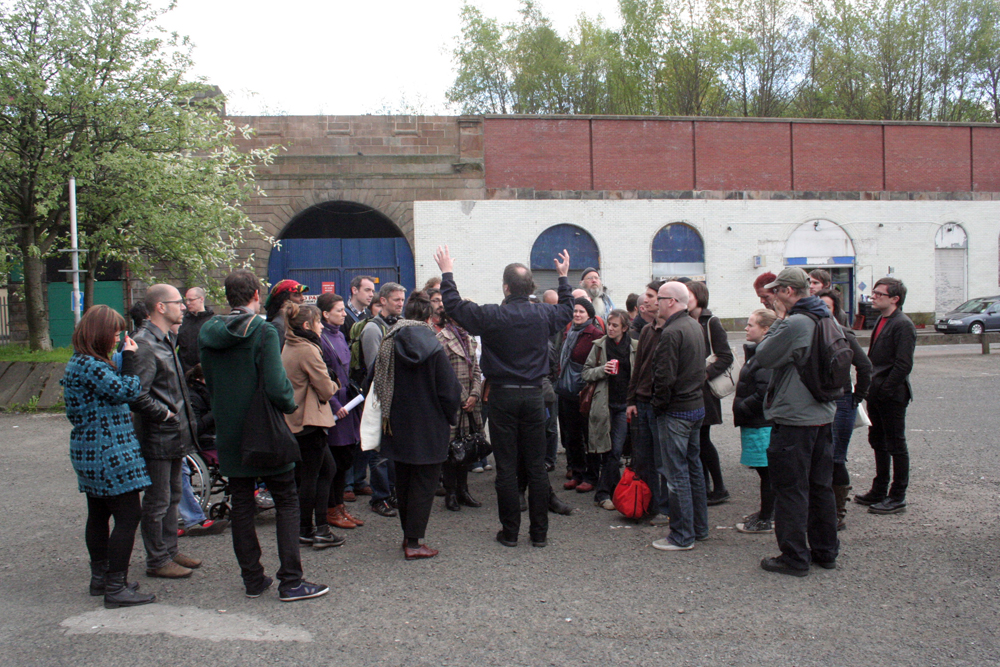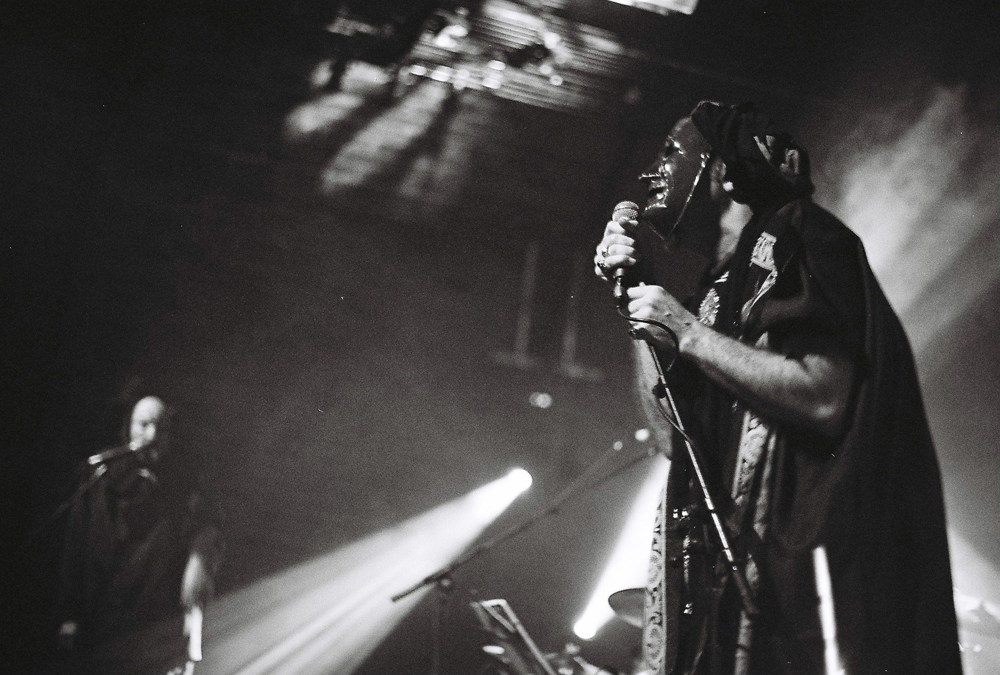
Personal Space
Usurper
Usurper jamming live in a skip at the site of Bud’s Neill’s Lobey Dosser statue on Woodlands Road.
Arika have been creating events since 2001. The Archive is space to share the documentation of our work, over 600 events from the past 20 years. Browse the archive by event, artists and collections, explore using theme pairs, or use the index for a comprehensive overview.

Usurper jamming live in a skip at the site of Bud’s Neill’s Lobey Dosser statue on Woodlands Road.

Includes: a £20 note, stock fluctuations, an examination of words in the video medium, a linguistic challenge for your mind, a frame by frame dissection 50 words, shop front poetry, image and language head to head and newspapers under the microscope.

Simon Morris is joined by Nick Thurston as they attempt to read aloud whilst peddling on exercise bikes.

N30 is a massive, dynamic, immersive multi-channel presentation of front-line field recordings from the protest against the WTO in Seattle

A recently reanimated Ascension, with mighty Leeds drum hero Paul Hession bringing a dense polyrhythmic torrent into play with Jaworzyn’s reinvigorated piercing guitar.

Ray and Thomas talking about how cognitive neuroscience is unlocking the physical basis of personal experience.

A public walk from George Square to the Barras market bringing contributions from researchers, activists and artists in a form of live critical praxis
Tiny fragments of sound recombined and woven into spare and precise, violent yet beautiful pieces

As part of Karrabing’s visit to Scotland, the collective will be hosted for three days in the Isle of Skye by The School of Plural Futures.

In rethinking the body, the law, the state, gender, race, violence, care and empathy, how we might give humanness a different future?

Freeform Super 8mm documentation of Friday at Instal 06 by filmmaker Matt Hulse.

Perhaps the paradigm of America’s covert musical subculture, Sun City Girls operate just over the border of raucous delirium.